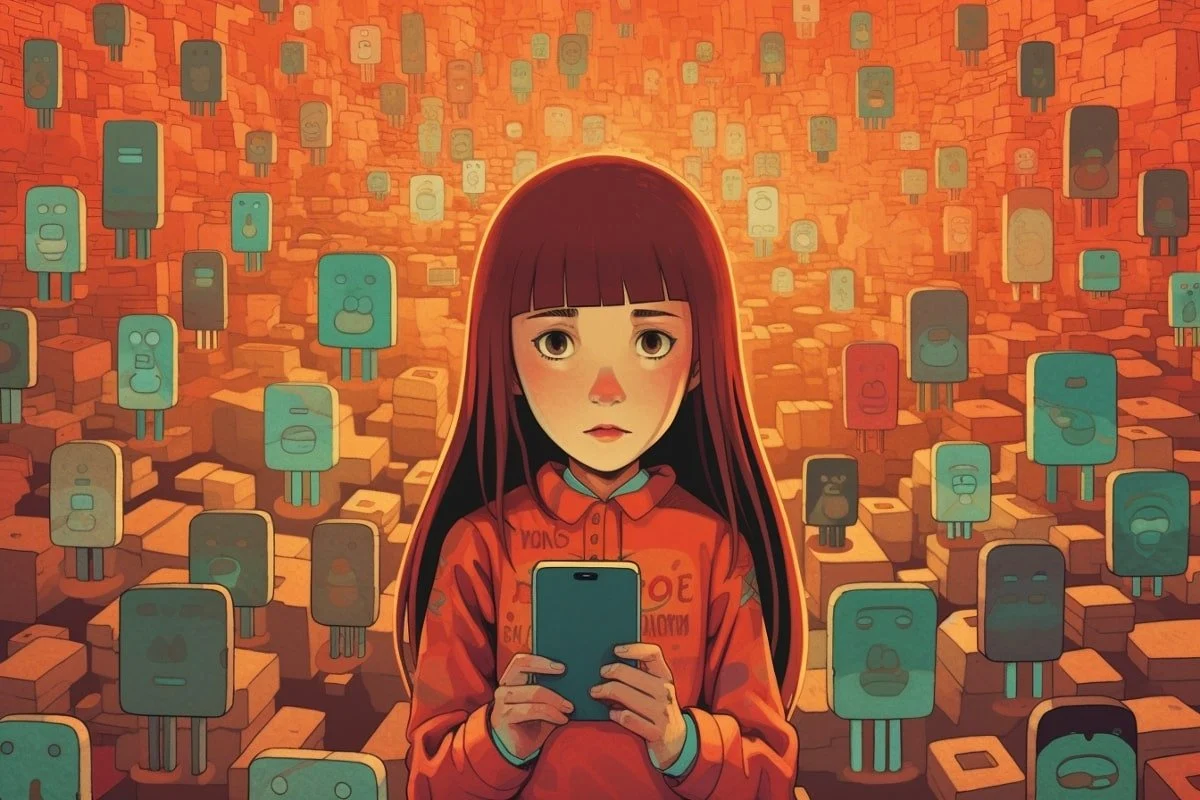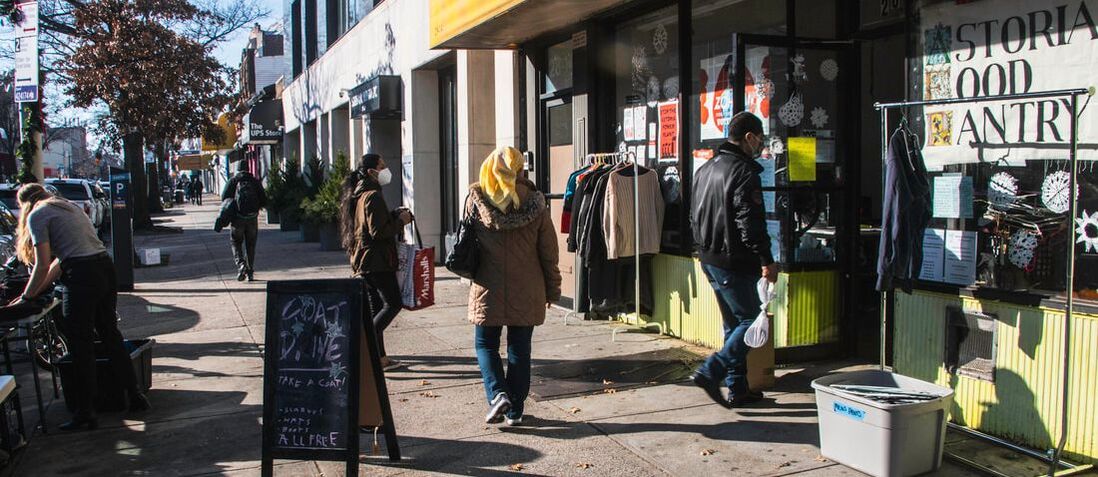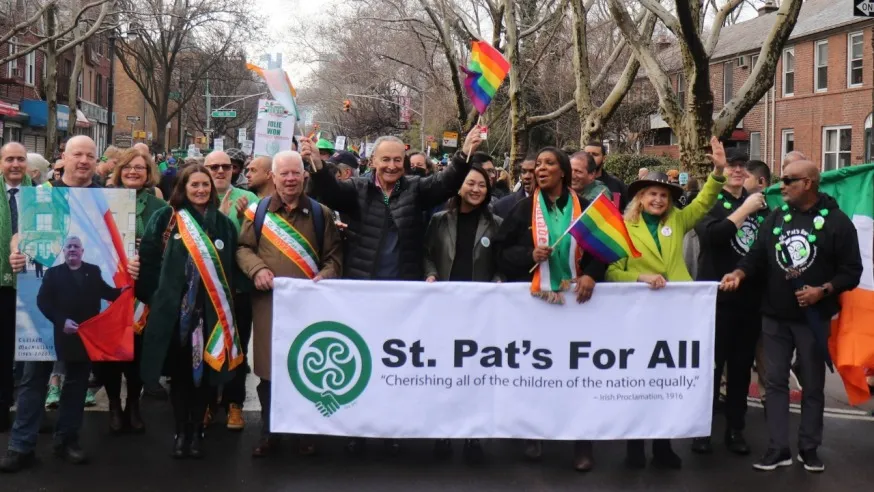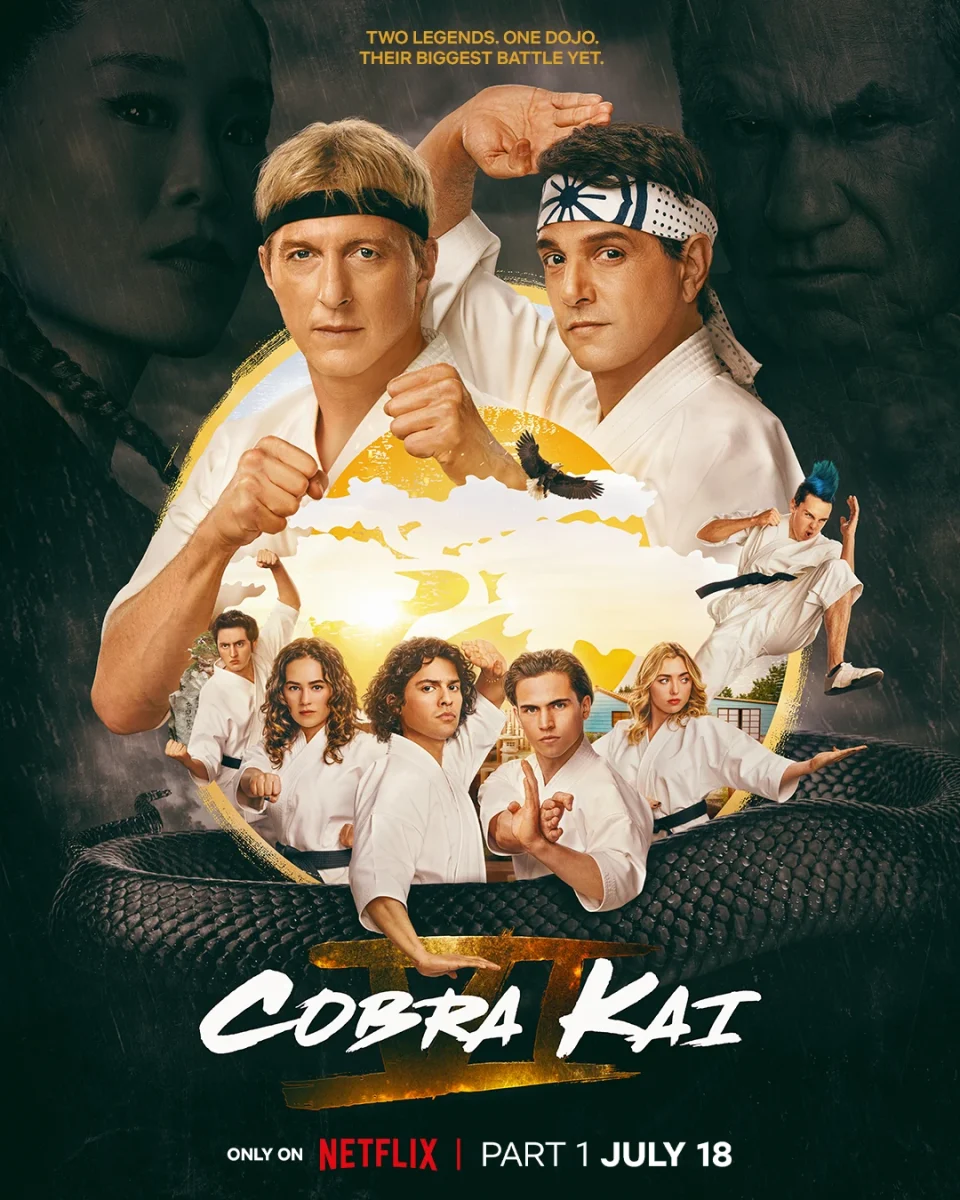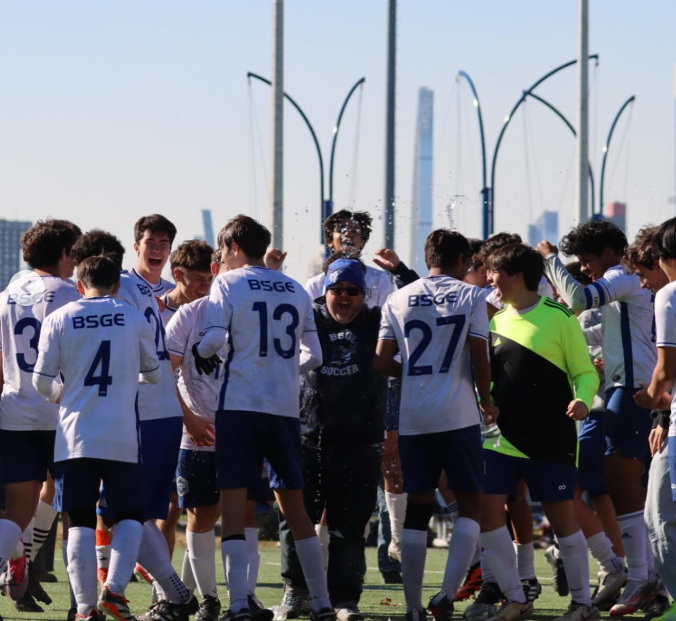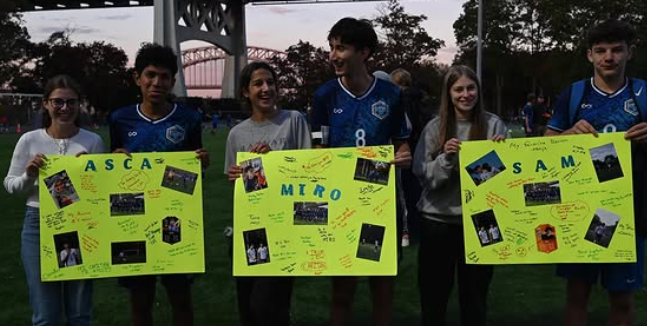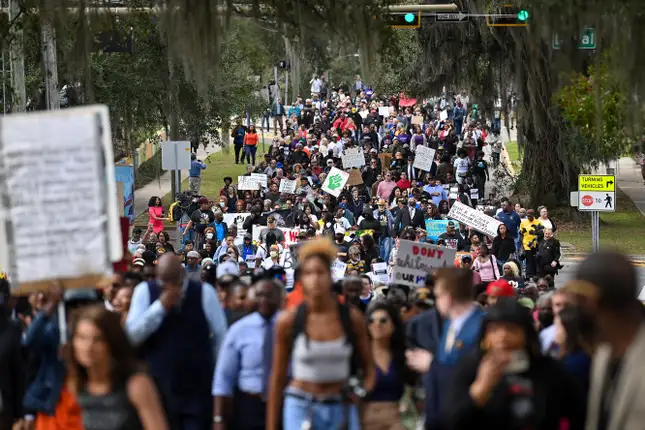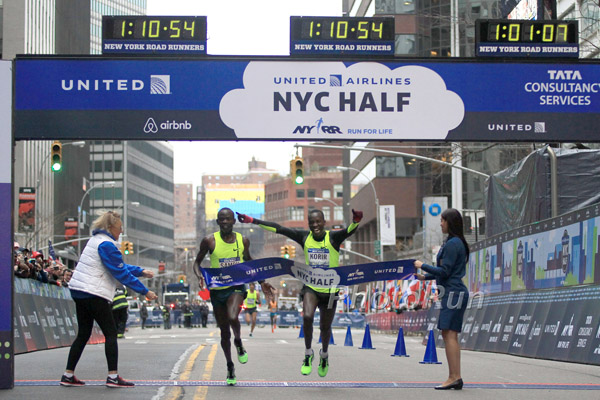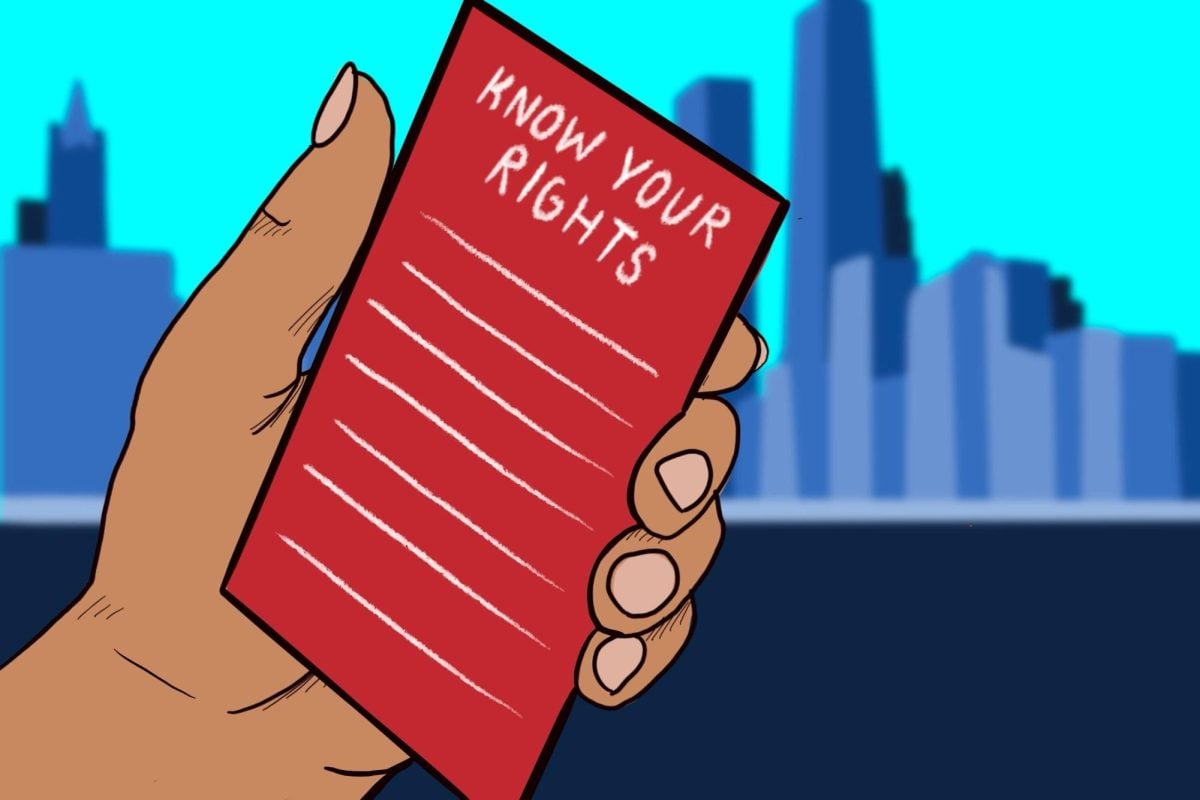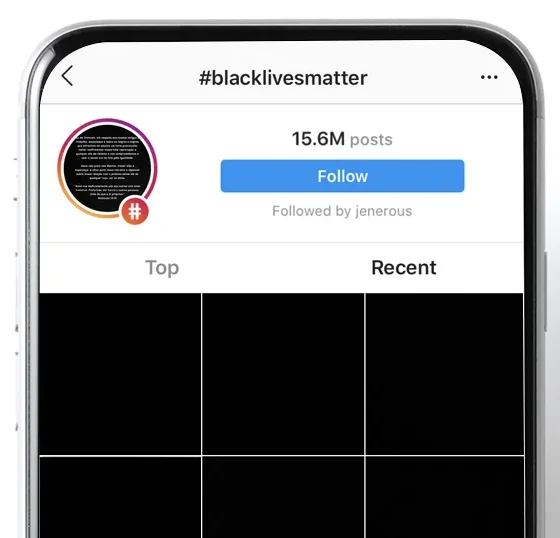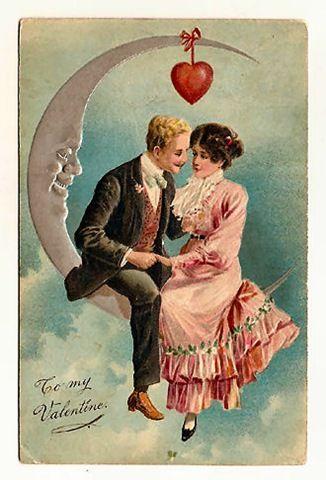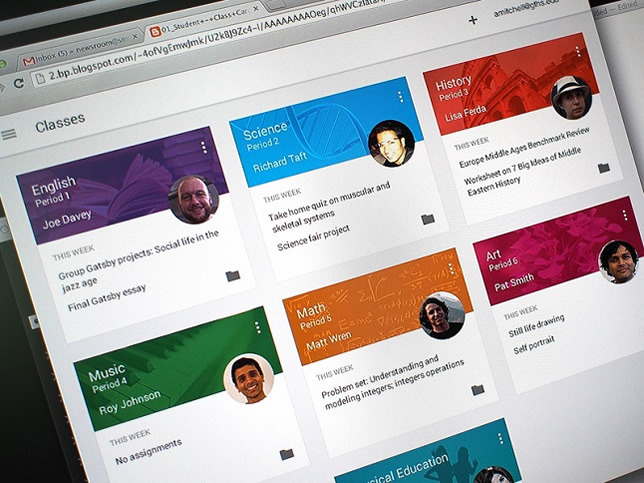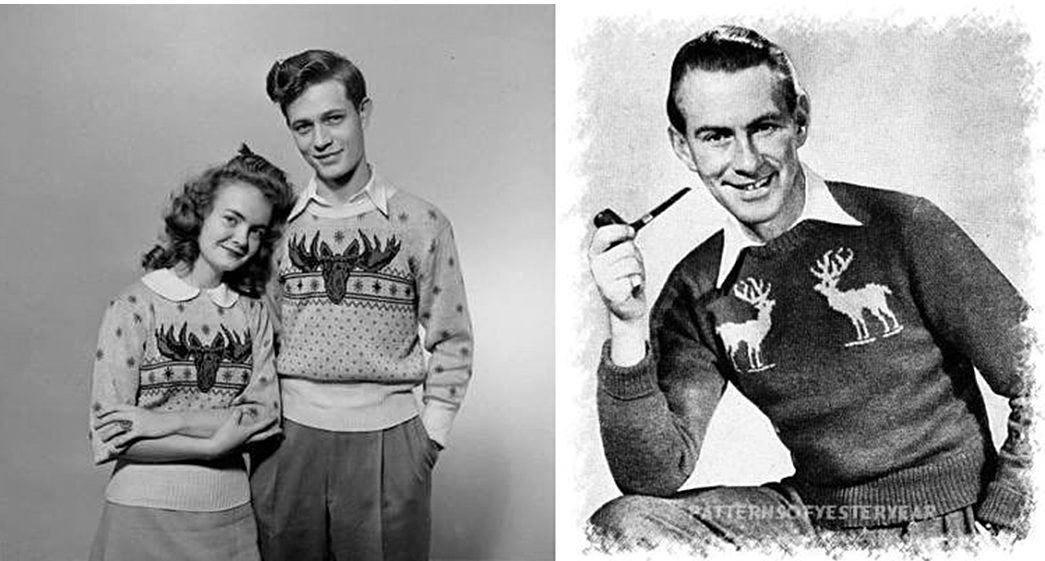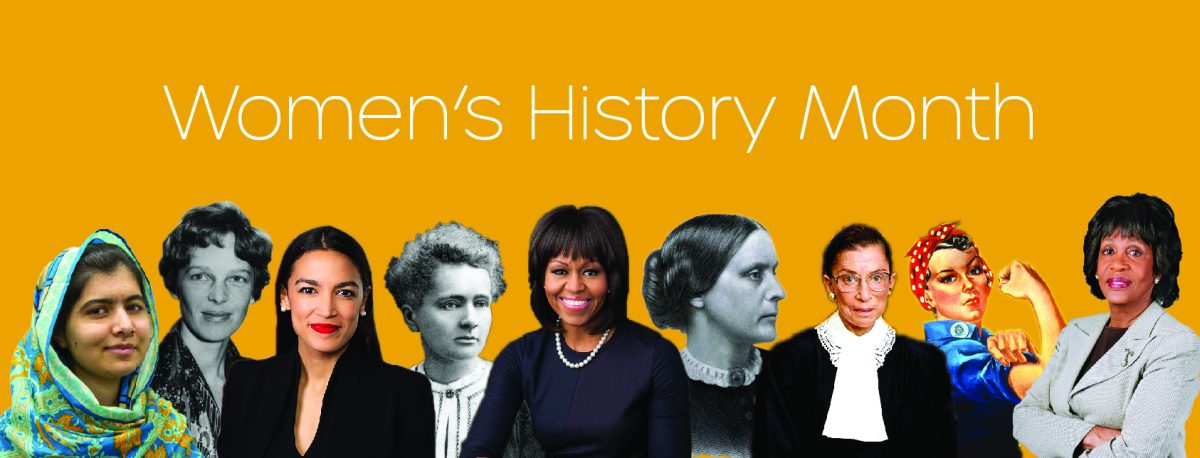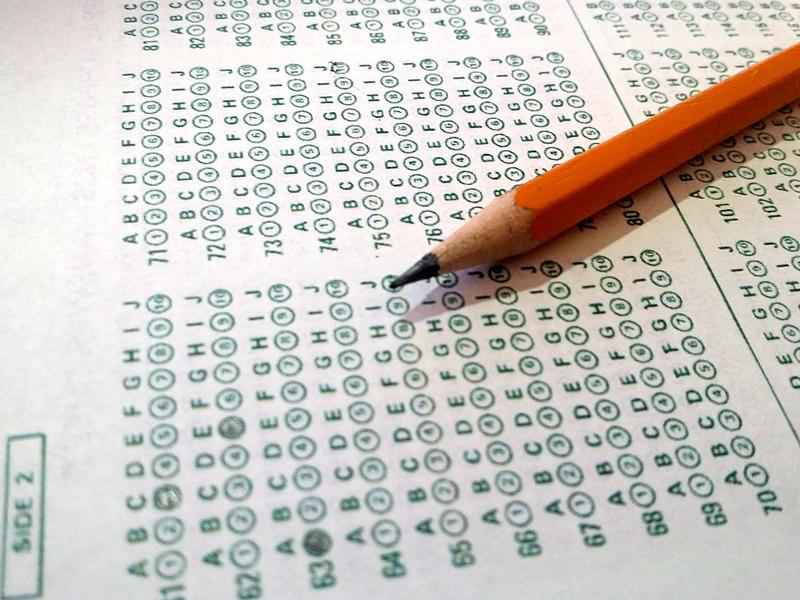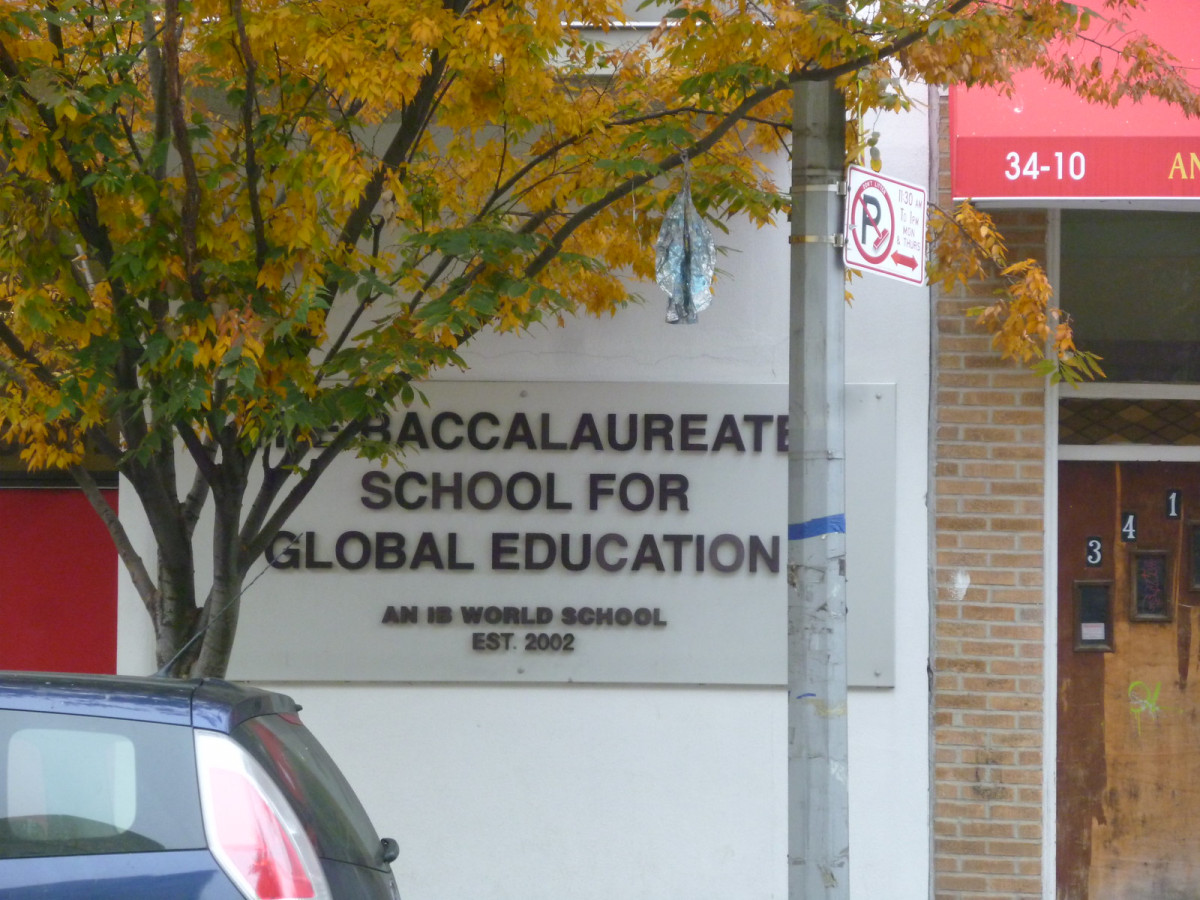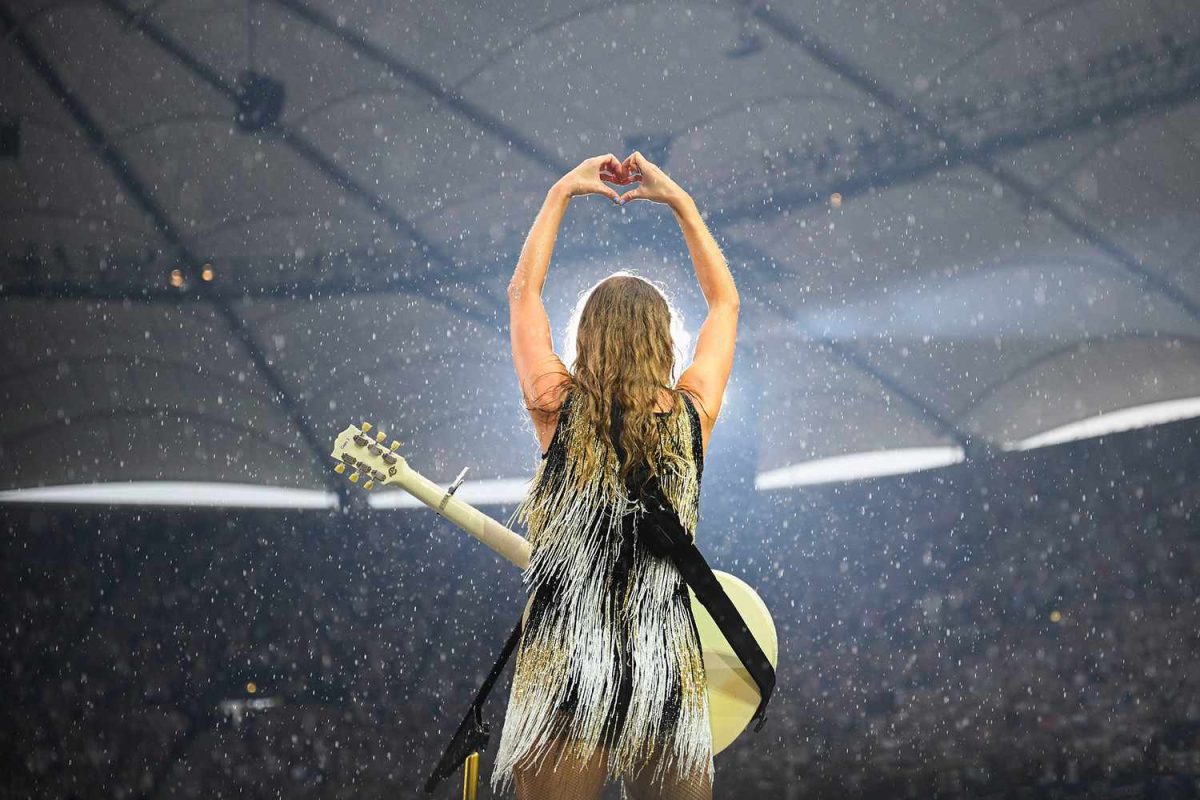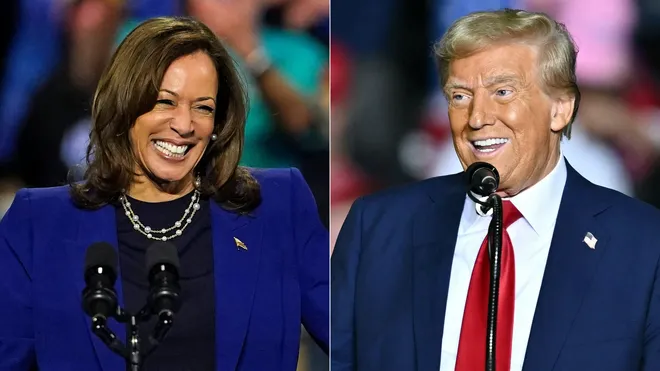On February 28, millions of Americans were encouraged to buy absolutely nothing as part of a protest organized by the People’s Union USA. If they needed something, they had to support only small local businesses and were expected to pay cash.
The boycott was intended as a protest against corporate exploitation of the working class, more specifically tied to recent events such as the rising cost of everyday necessities like eggs and the rollback of DEI hiring policies. Corporations that were boycotted included Amazon, Target, Walmart, McDonald’s, and Nestlé.
The organizer of the protest, the People’s Union USA, is a grassroots movement “for the people, by the people” with the aim of “building a future where the people, not corporations, decide the direction of this country,” according to their website. Its founder, John Schwarz, was born in 1968 to a working-class family living in Queens.
The organization is planning other long-term protests, such as week-long boycotts of Amazon (March 7-14), Nestlé (March 21-28), and Walmart (April 7-14). Information about the specifics of the protests is available on the organization’s website and on their Instagram page.
The true impact of the February 28 protest is uncertain. Companies that had been targeted by the protest experienced a drop in sales of between 4-6% on that day as compared to February 28 sales from previous years, while companies like Costco, which recently released a statement reaffirming their support of DEI, experienced a spike in sales of a similar magnitude.
Drops of those proportions, while not common, are small enough to be attributed to bad weather or other factors unrelated to the boycott. Moreover, large companies were already experiencing a drop in revenue that steadily worsened throughout February as people cut back on their spending following the holidays, so a sales decrease was somewhat to be expected.
The minimal economic impact of the boycott can be attributed in part to a lack of awareness. Even among BSGE students who supported the issues the boycott was protesting, many did not participate in the boycott because they simply were not aware of its existence. An anonymous 10th grader said she “didn’t know [a]bout the boycott” but would have liked to have participated because she would “get to protest against corruption and for a better cause.”
Others were hesitant to participate due to concerns about the boycott potentially being yet another instance of purely performative activism with no real impact. Performative activism has become more widely recognized as an issue since the Black Lives Matter movement, and distaste for this type of activism may have contributed to a wariness about participating in activist events that they only really heard about on social media.
Regardless of why the February 28th protest was less than successful, the People’s Union USA is showing no signs of slowing down and has lots of plans for future events. It is possible that the organization will soon become an important part of American politics.



